Trio win Nobel chemistry prize for work on 'Hermione's handbag' materials
The three laureates worked to create molecular constructions, known as metal-organic frameworks or MOFs, with large spaces through which gases and other chemicals can flow and that can be utilised to harvest water from desert air, capture carbon dioxide or store toxic gases.
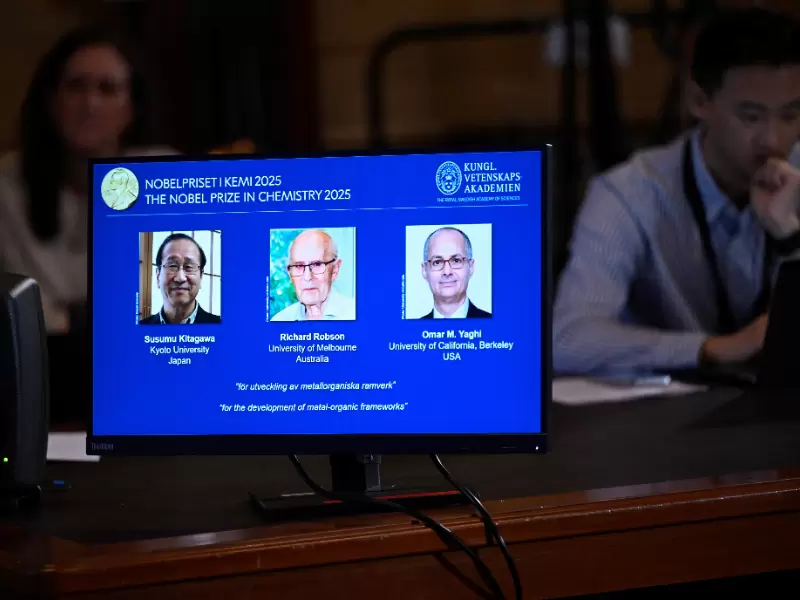 A screen displays the 2025 Nobel Prize laureates in Chemistry, Susumu Kitagawa (Kyoto University, Japan), Richard Robson (University of Melbourne, Australia), and Omar M. Yaghi (University of California, Berkeley, U.S.), as they are announced during a press conference at the Royal Swedish Academy of Sciences in Stockholm, Sweden, October 8, 2025. / TT News Agency/Fredrik Sandberg via REUTERS
A screen displays the 2025 Nobel Prize laureates in Chemistry, Susumu Kitagawa (Kyoto University, Japan), Richard Robson (University of Melbourne, Australia), and Omar M. Yaghi (University of California, Berkeley, U.S.), as they are announced during a press conference at the Royal Swedish Academy of Sciences in Stockholm, Sweden, October 8, 2025. / TT News Agency/Fredrik Sandberg via REUTERS
Scientists Susumu Kitagawa, Richard Robson and Omar Yaghi won the 2025 Nobel chemistry prize for developing a new form of molecular architecture, yielding materials that can help tackle challenges such as climate change and lack of fresh water.
The three laureates worked to create molecular constructions, known as metal-organic frameworks or MOFs, with large spaces through which gases and other chemicals can flow and that can be utilised to harvest water from desert air, capture carbon dioxide or store toxic gases.
Also Read: Trio win Nobel prize for revealing quantum physics in action
Describing the "unheard of properties" of these materials, the award committee said some had a remarkably large surface area - a porous material roughly the size of a sugar cube could contain as much surface area as a football pitch.
"A small amount of such material can be almost like Hermione's handbag in Harry Potter. It can store huge amounts of gas in a tiny volume," Olof Ramstrom, member of the Nobel Committee for Chemistry, said.
USES COULD INCLUDE DEALING WITH 'FOREVER CHEMICALS'
The more than a century-old prize is awarded by the Royal Swedish Academy of Sciences and the winners share 11 million Swedish crowns ($1.2 million), as well as the fame of winning arguably the world's most prestigious science award.
Kitagawa told the Nobel press conference that he was deeply honoured by the award.
"My dream is to capture air and separate air to - for instance, in CO2 or oxygen or water or something - and convert this to useful materials using renewable energy," he said.
One promising field is carbon capture in cement manufacturing, one of dirtiest industrial processes that accounts for 7% of global carbon dioxide emissions. MOFs are already being used at some cement plants to capture it before it is being released into the atmosphere.
"I don't see that as hype, that is an implementation of science, basic science, all the way to benefiting society," Yaghi told a press conference.
After the discoveries, chemists have built tens of thousands of different MOFs, some of which "may contribute to solving some of humankind's greatest challenges", the Academy said, adding that additional uses included separating toxic PFAS, or "forever chemicals", from water and breaking down traces of pharmaceuticals in the environment.
'SCIENCE IS THE GREATEST EQUALISING FORCE IN THE WORLD'
Kitagawa is a professor at Kyoto University in Japan, while Robson is a professor at the University of Melbourne, Australia, and Yaghi is a professor at the University of California, Berkeley, in the United States.
Kitagawa is Japanese, Robson was born in Britain but moved to Australia in his late 20s, while Yaghi is Jordanian-American.
Yaghi was born to Palestinian refugees in Jordan, where his family shared a one-room home with the cattle the family was raising.
"It's quite a journey and science allows you to do it," he said in an interview published on the Nobel website, adding that his parents could barely read or write. "Science is the greatest equalising force in the world," he said.
Yaghi, who said he was astonished and delighted to win the award, was 10 years old when he found a book on molecules in the library, and it was the beginning of a life-long love of chemistry.
"The deeper you dig, the more beautifully you find things are constructed," he told the Nobel website.
Robson said he got the call from Stockholm half an hour before the official announcement and that he celebrated quietly at his home outside Melbourne.
"I prepared fish for dinner with my wife, and then I did the washing up afterwards," he told Reuters, adding that he had recently sworn off alcohol for health reasons.
"I broke that rule by having a glass of very cheap wine," he said.
THIRD 2025 NOBEL PRIZE, LITERATURE NEXT ON Oct. 9
The Chemistry Nobel was the third prize announced in this year's crop of awards, in keeping with tradition, following those for medicine and physics announced earlier this week.
Established in the will of Swedish inventor and businessman Alfred Nobel, the prizes for achievements in science, literature and peace have been awarded since 1901, with a few interruptions mostly due to the world wars.
Nobel was himself a chemist and his developments in that field helped underpin the wealth he amassed from his invention of dynamite in the 19th century.
Sometimes overshadowed by more famous laureates in the fields of physics, literature and peace, the chemistry awards have still recognised many influential discoveries such as nuclear fission, DNA sequencing techniques, and yeast.Last year's chemistry award went to U.S. scientists David Baker and John Jumper and Briton Demis Hassabis for work on decoding the structure of proteins and creating new ones, yielding advances in areas such as drug development.
ADVERTISEMENT
ADVERTISEMENT
E Paper
Video




 Reuters
Reuters

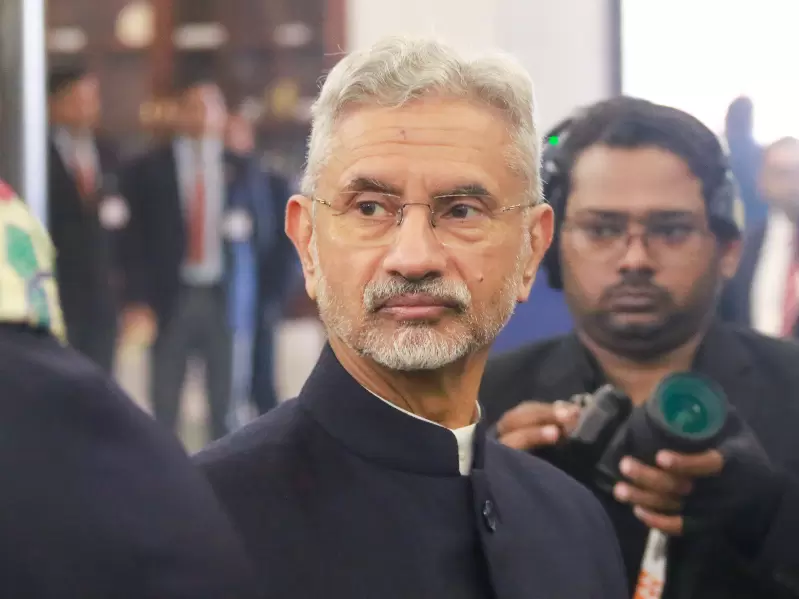

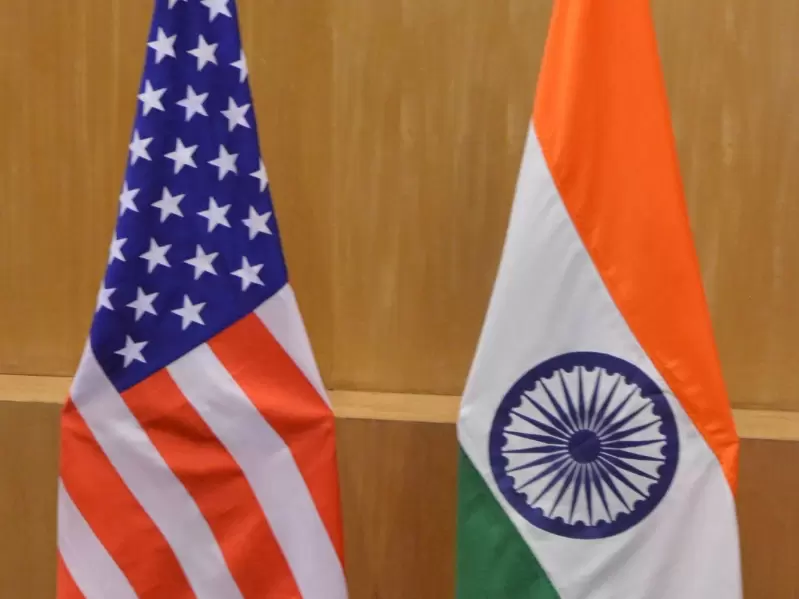

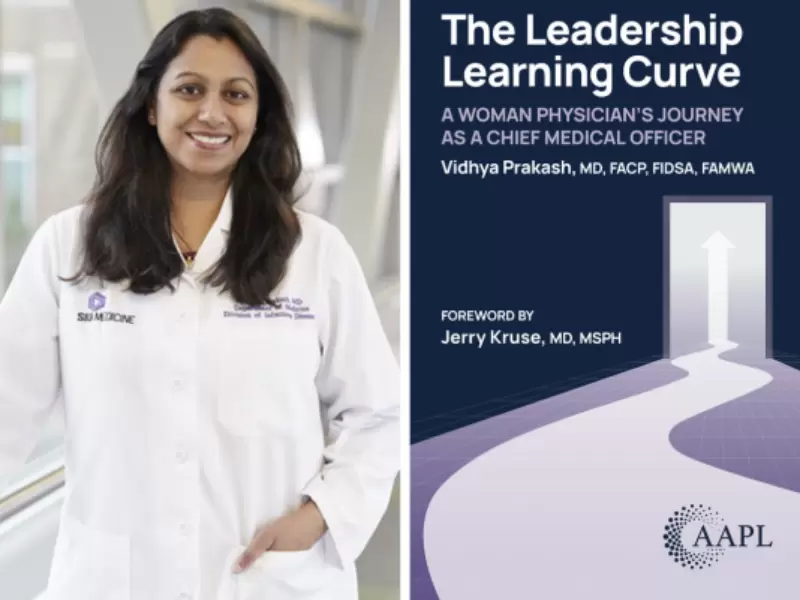
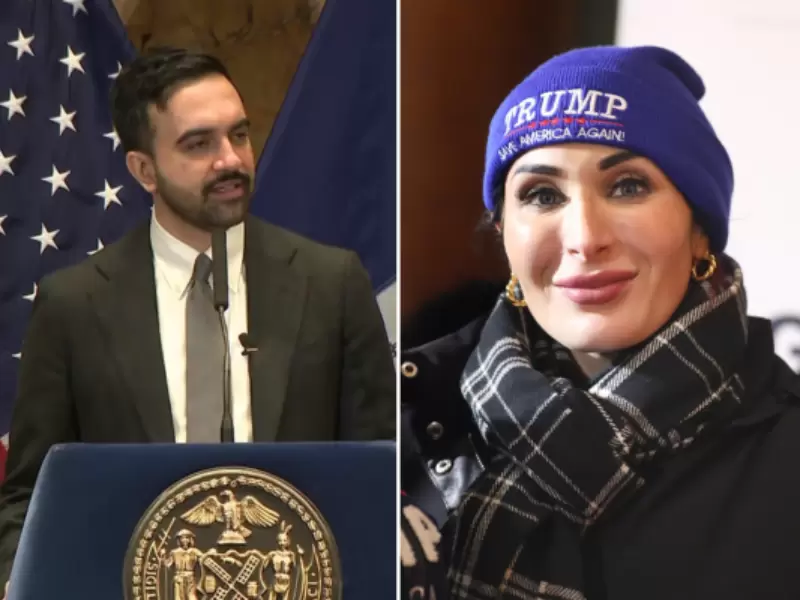
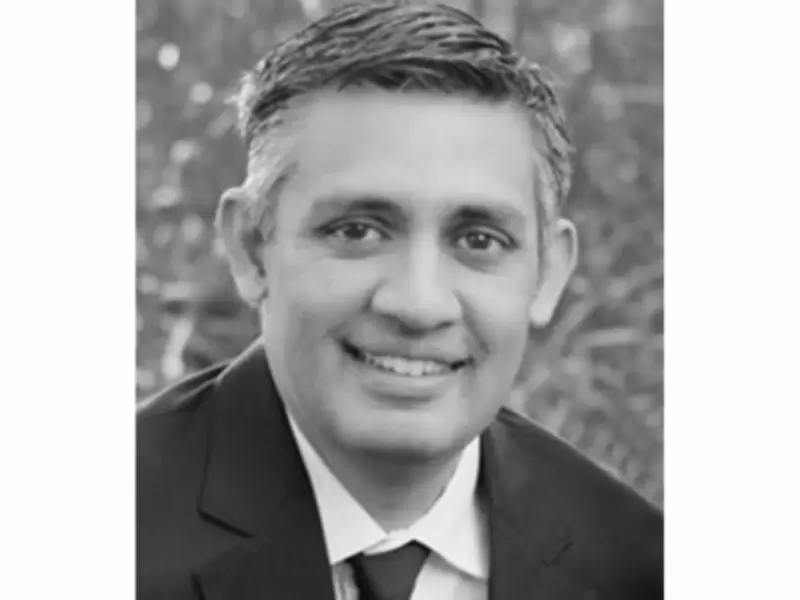
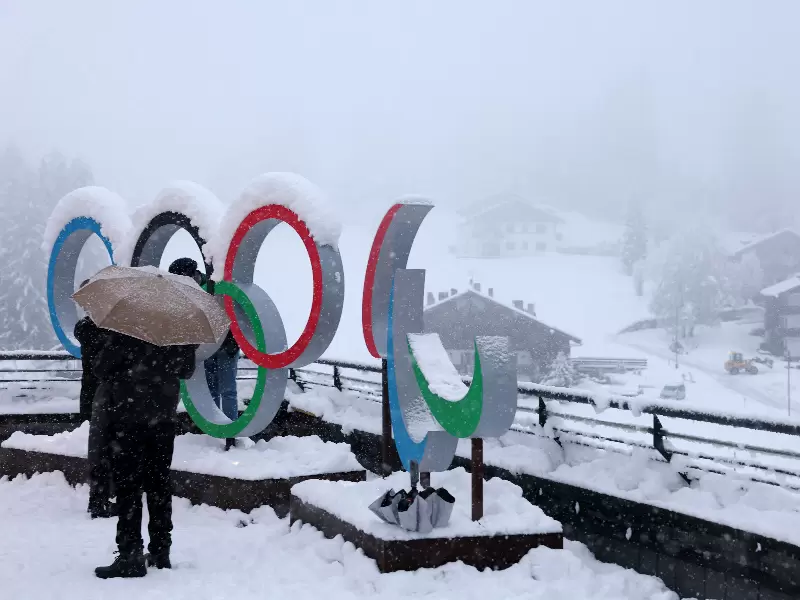

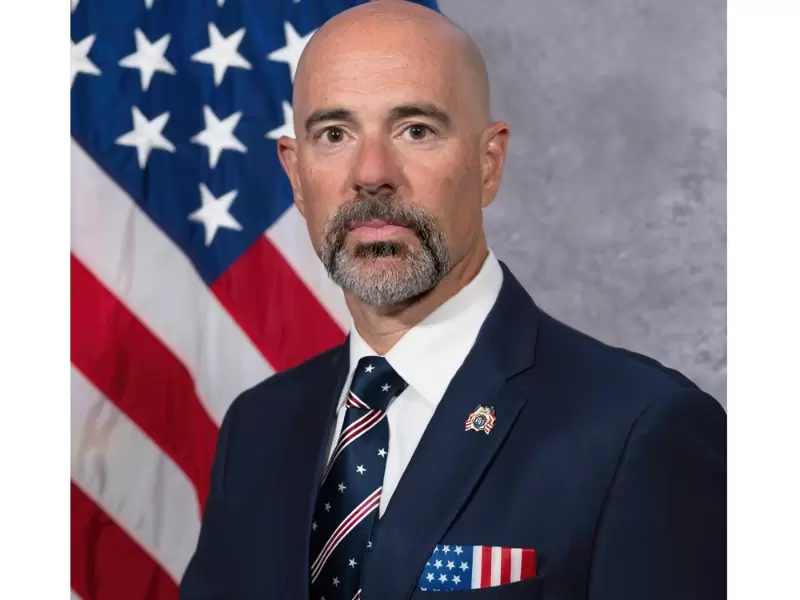


Comments
Start the conversation
Become a member of New India Abroad to start commenting.
Sign Up Now
Already have an account? Login